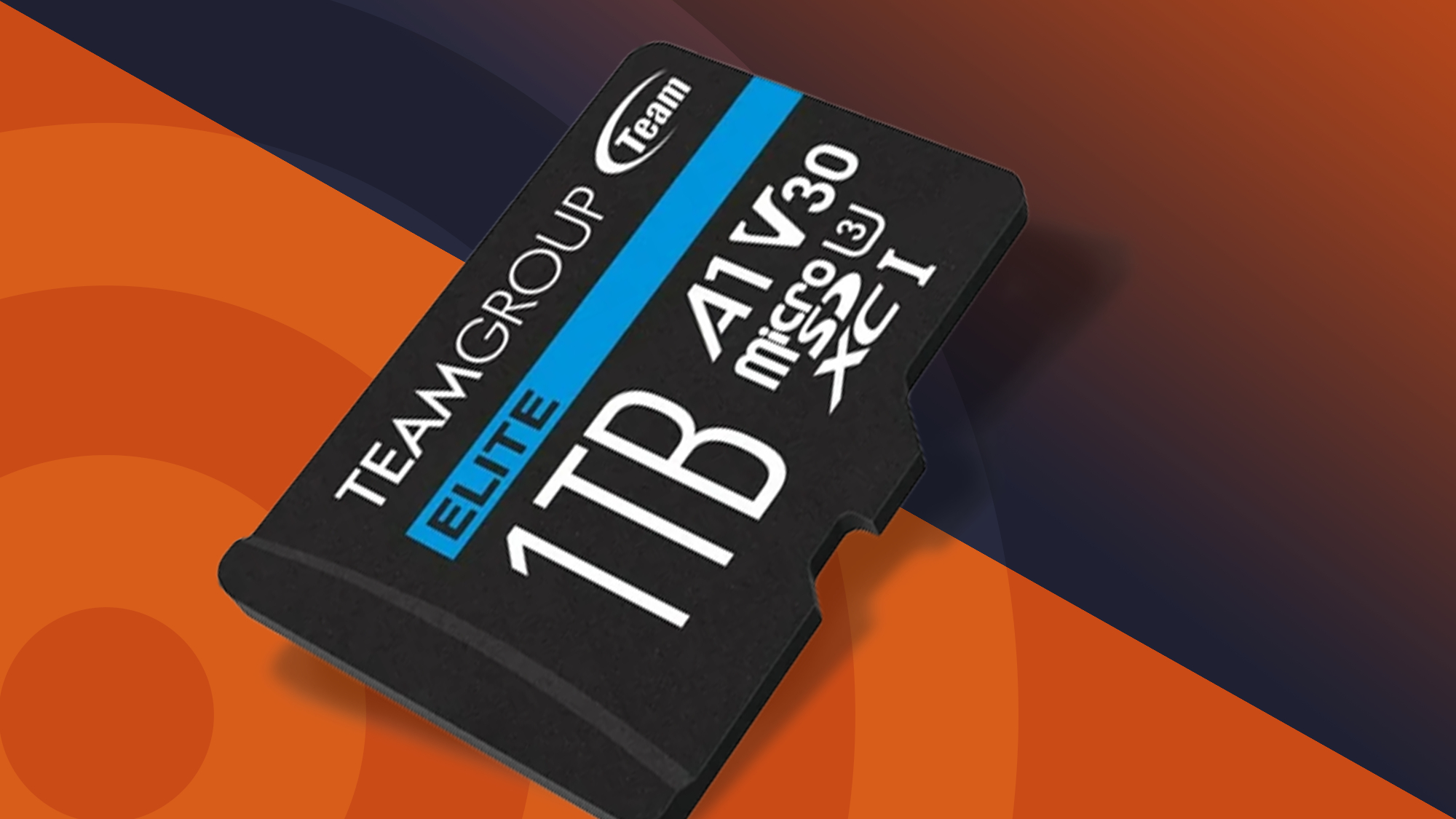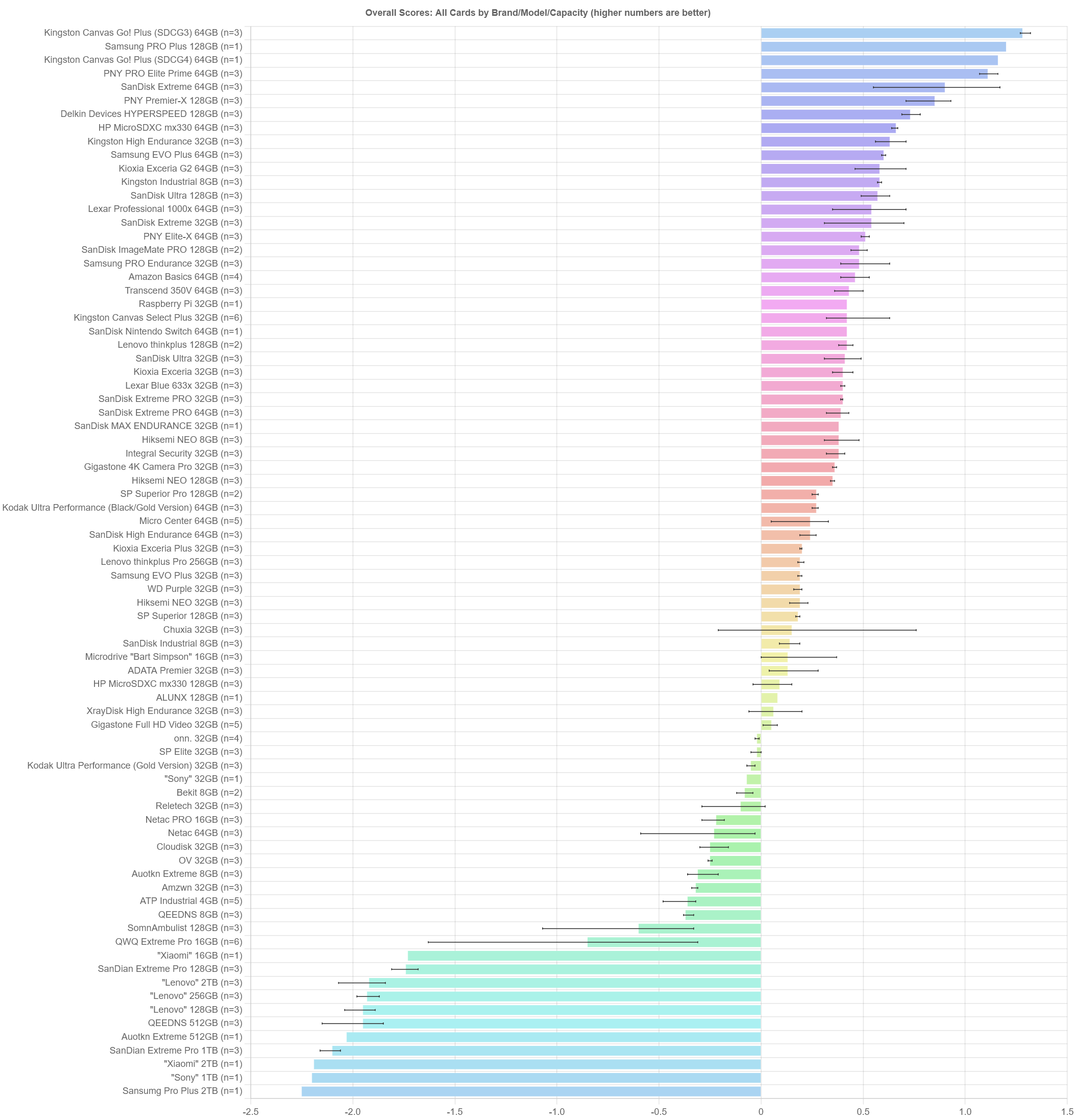This guy tested 200 microSD cards, destroying 51 in the process - but I don't understand why he didn't test more 1TB memory cards
Self-funded setup used eight machines and 70 readers, writing 100TB of data daily

Sign up for breaking news, reviews, opinion, top tech deals, and more.
You are now subscribed
Your newsletter sign-up was successful
- MicroSD card survey tested 200 models to uncover fakes, performance gaps, and endurance failures
- Fake flash was common in cheap high-capacity cards, discarding data past true limits
- Name-brand cards generally outperformed off-brand models in speed, reliability, and total write endurance
One man has taken the task of testing microSD cards to a level most users would never entertain.
Over the course of a year, tech enthusiast Matt Cole bought and tested 200 different models, ranging from 8GB to 1TB, with a particular focus on identifying fakes, testing performance, and measuring durability.
Fifty-one of those cards failed during testing.
Writing over 100TB of data per day
Cole is the creator of The Great microSD Card Survey, a deep, evolving benchmark report (and a serious labor of love), that began in July 2023.
He built a testing rig with eight machines and nearly 70 card readers running continuously, writing over 100TB of data per day.
To date, the setup has written more than 18 petabytes of data to the cards under test conditions. Impressively, his entire effort is self-funded, although he does have an Amazon wishlist should anyone wish to buy him further cards to test.
Cole’s goal was to understand how these tiny storage devices differ across brand, price, and origin.
Sign up to the TechRadar Pro newsletter to get all the top news, opinion, features and guidance your business needs to succeed!
One of his main goals is to identify “fake flash,” where a card tells the host device it has more storage than it really does.
A 1TB card might really only store 8GB. Once that real limit is reached, new data is silently lost. He also highlights “skimpy flash,” where a card is technically real, but provides less usable space than advertised, a common issue even among name-brand cards.
His survey doesn’t stop at capacity. Cole also tested whether cards live up to their advertised speed class ratings, such as U1, U3, or V30.
He ran sequential and random I/O tests, then tracked endurance through repeated write and read cycles.
Some cards survived over 20,000 cycles, while others failed before reaching 500. Temperature monitoring was also part of the process, though it’s still unclear how much heat affects long-term performance.
Among the best microSD cards were the Kingston Canvas Go! Plus 64GB, PNY PRO Elite Prime 64GB, SanDisk Extreme 64GB, Delkin Devices HYPERSPEED 128GB, and Samsung EVO Plus 64GB.
These models performed well across multiple metrics and came close to advertised specs.
Cole’s blog includes charts and summaries to help buyers quickly find reliable options and it’s frankly a stunning piece of work. He’s not done yet either. Testing continues unabated, with more cards in queue, hopefully including some of the largest capacity models.

More from TechRadar Pro
- We've rounded up the best microSD cards around
- And these are the largest microSD cards
- First 2TB MicroSD card is now on sale and no, it is not expensive at all

Wayne Williams is a freelancer writing news for TechRadar Pro. He has been writing about computers, technology, and the web for 30 years. In that time he wrote for most of the UK’s PC magazines, and launched, edited and published a number of them too.
You must confirm your public display name before commenting
Please logout and then login again, you will then be prompted to enter your display name.